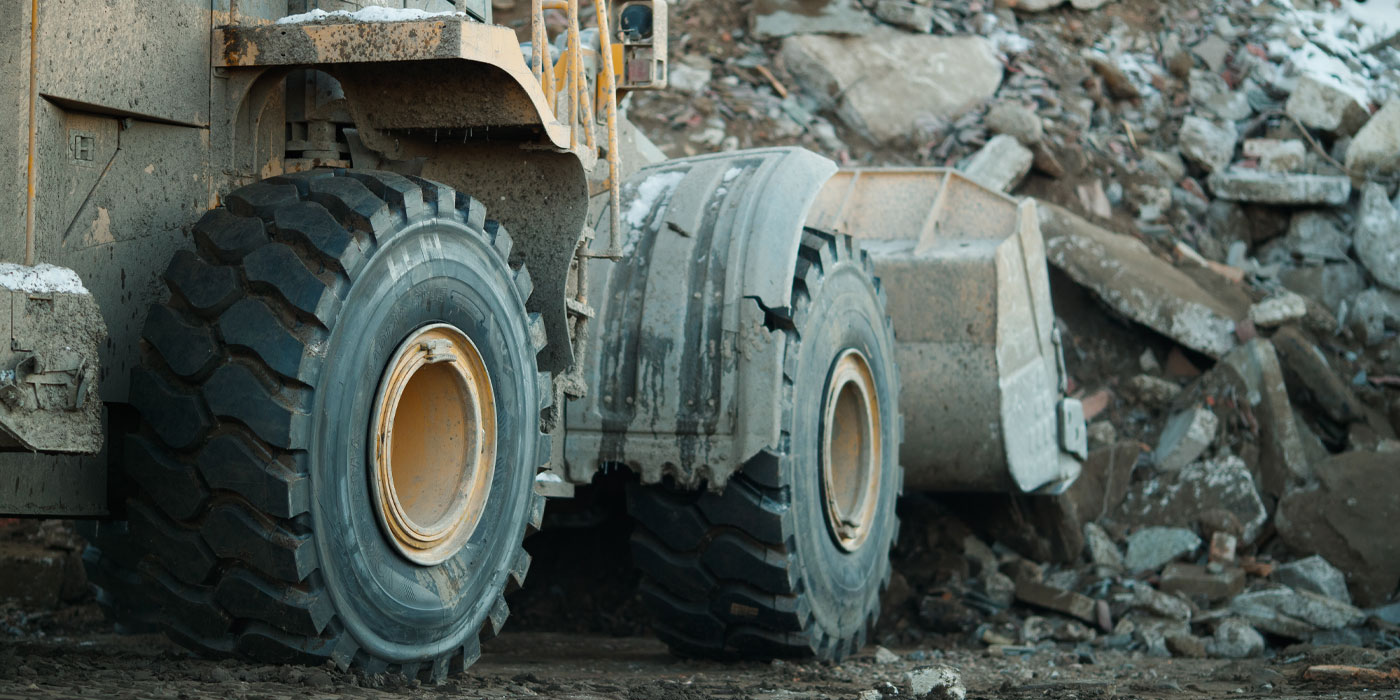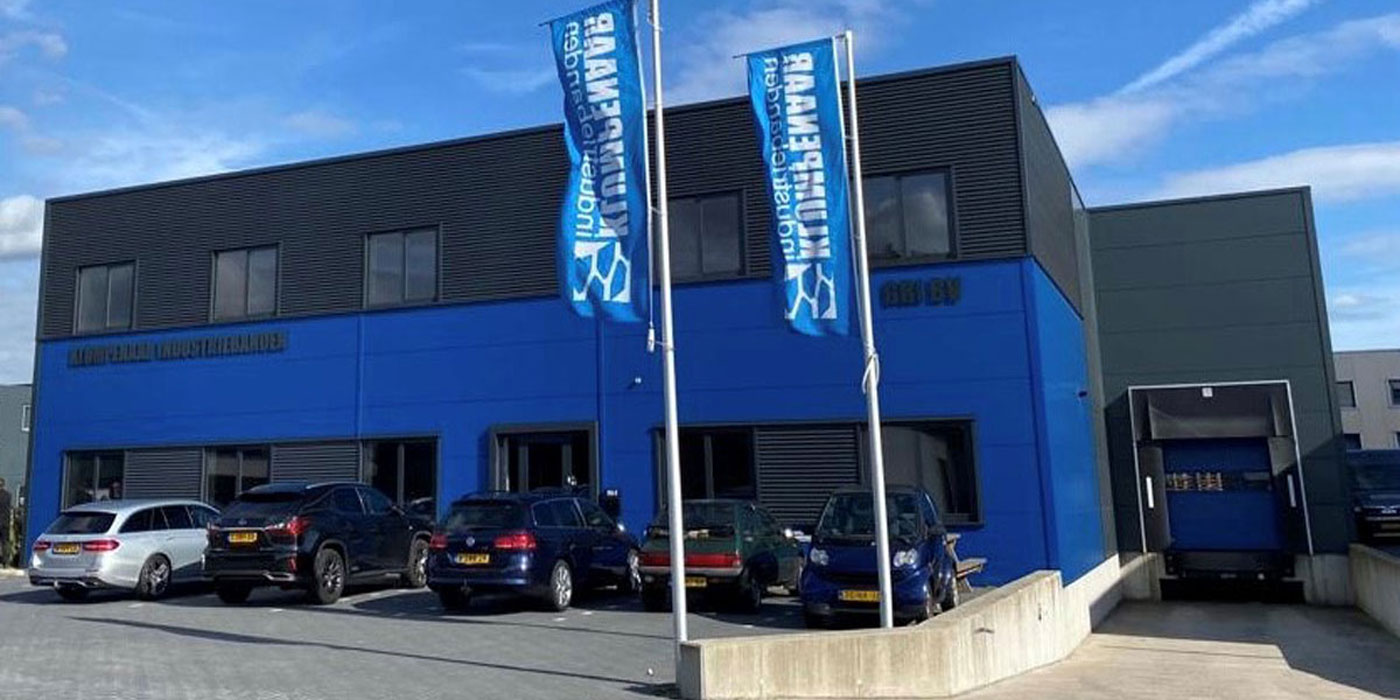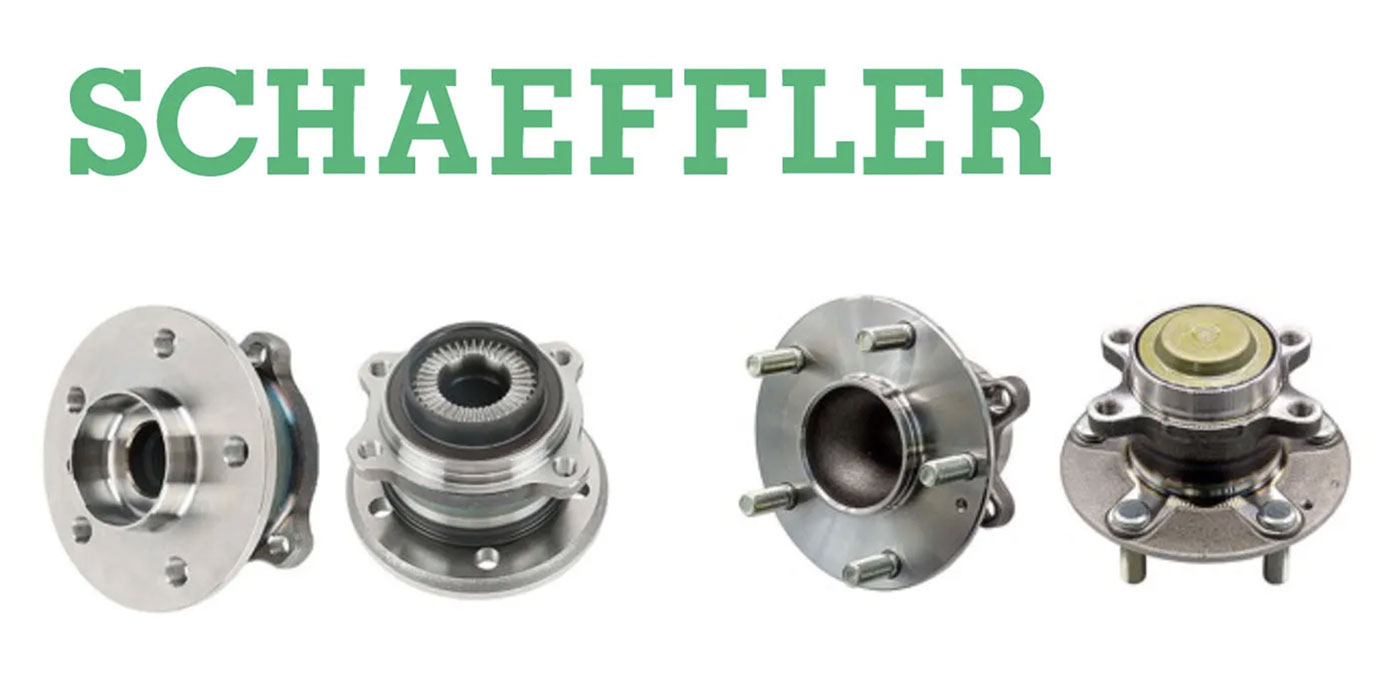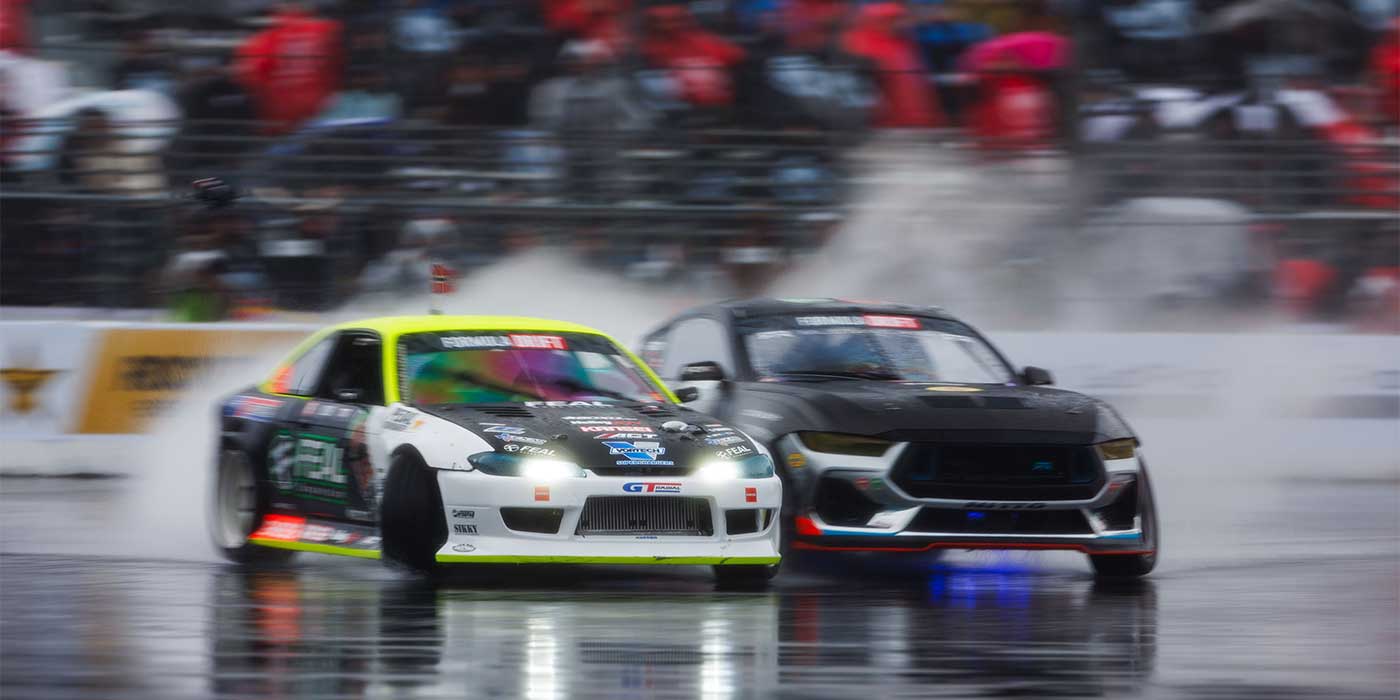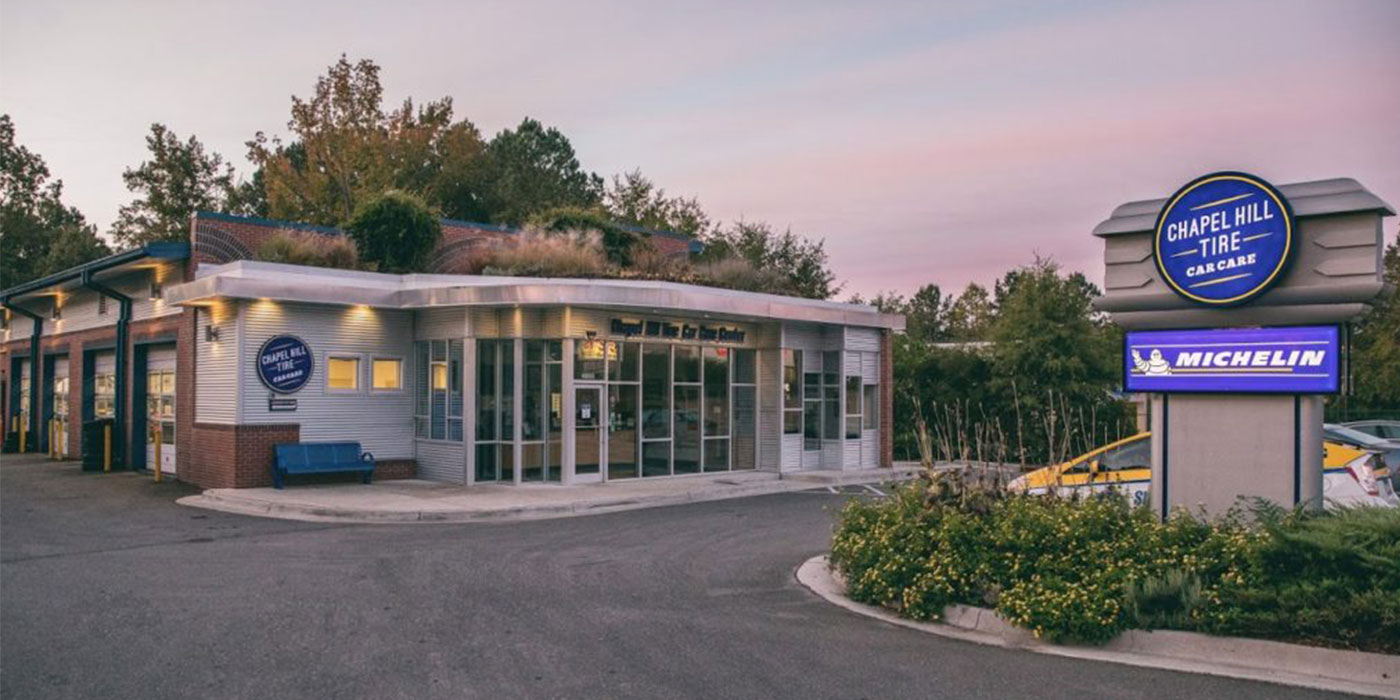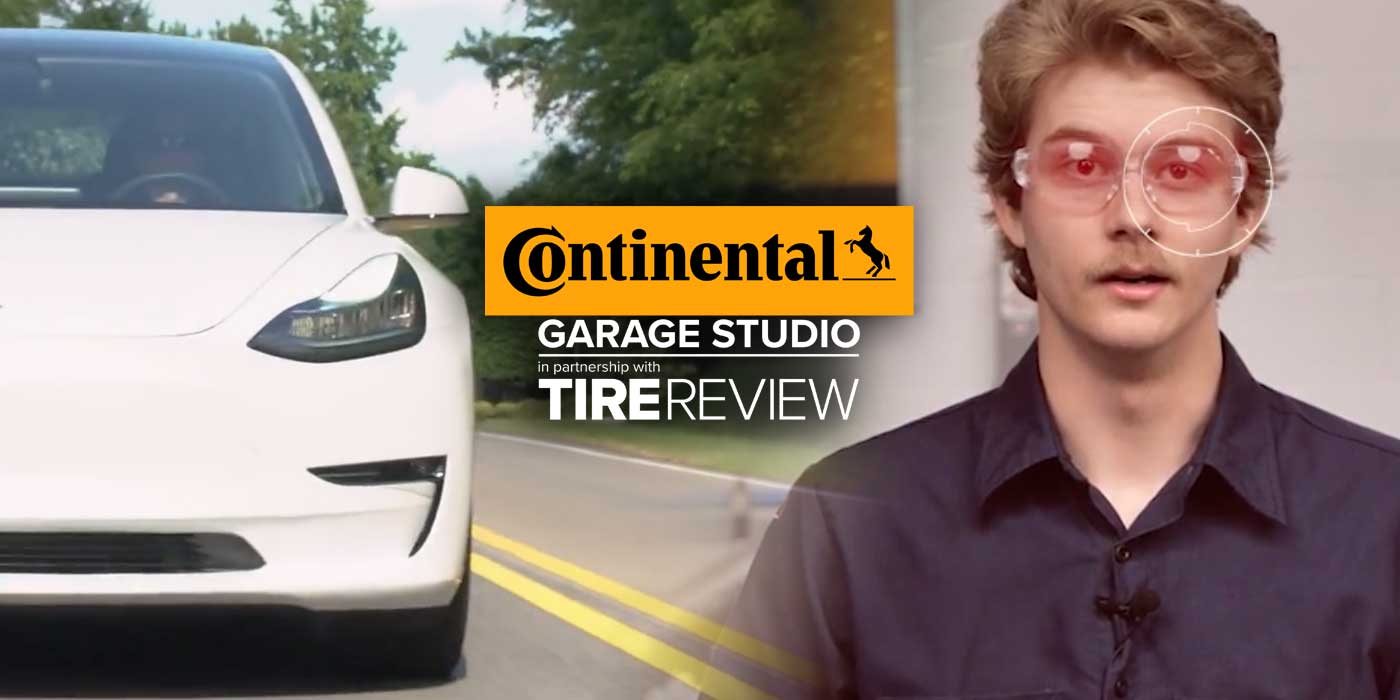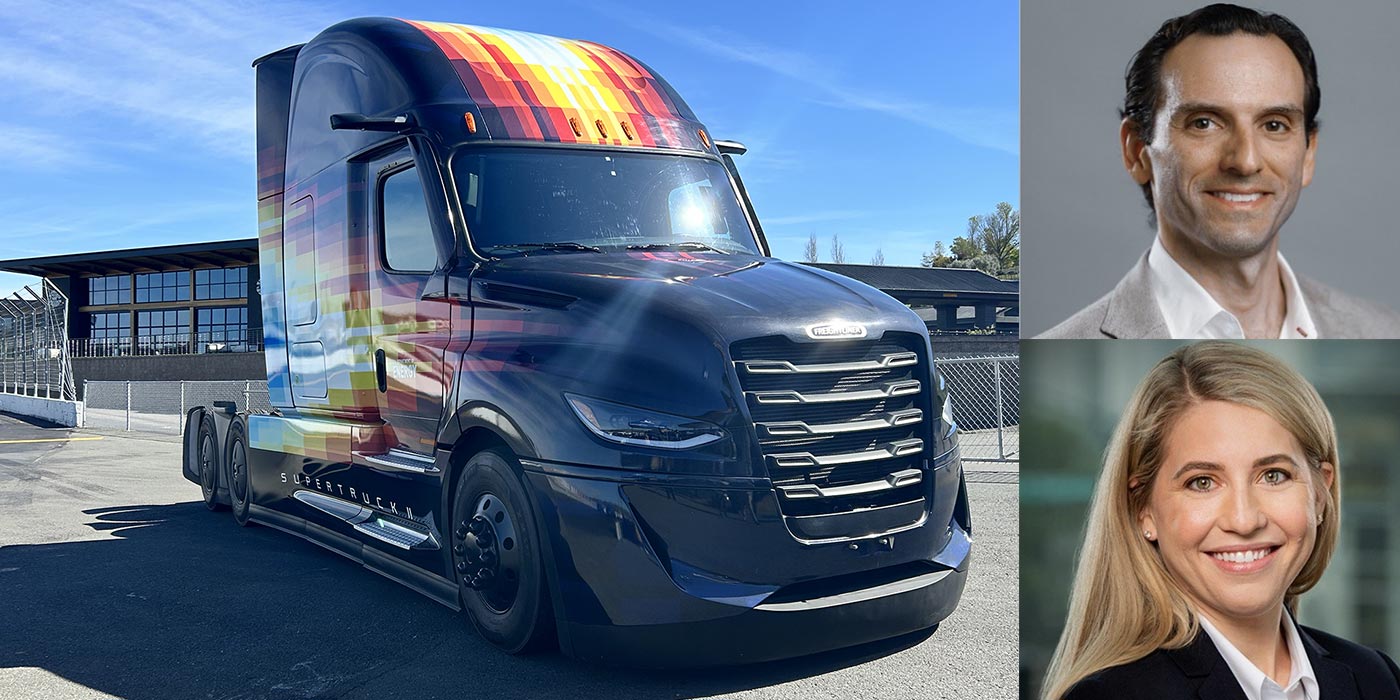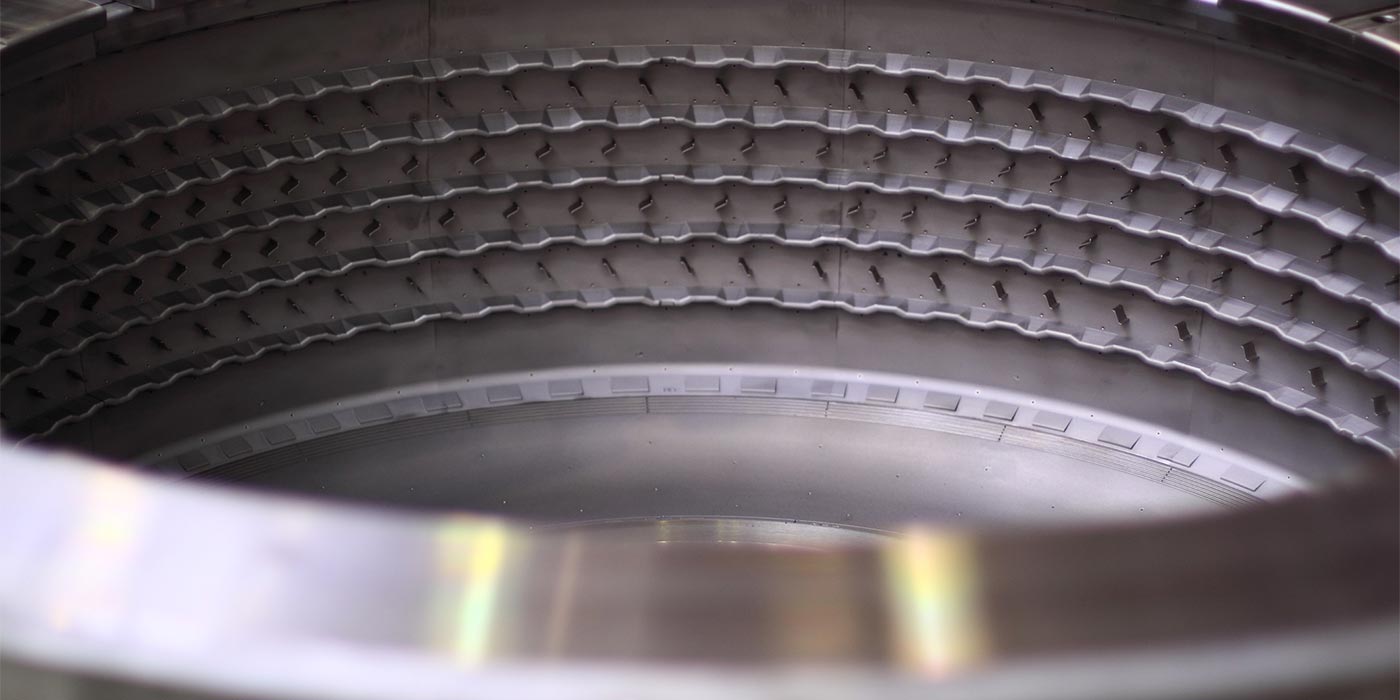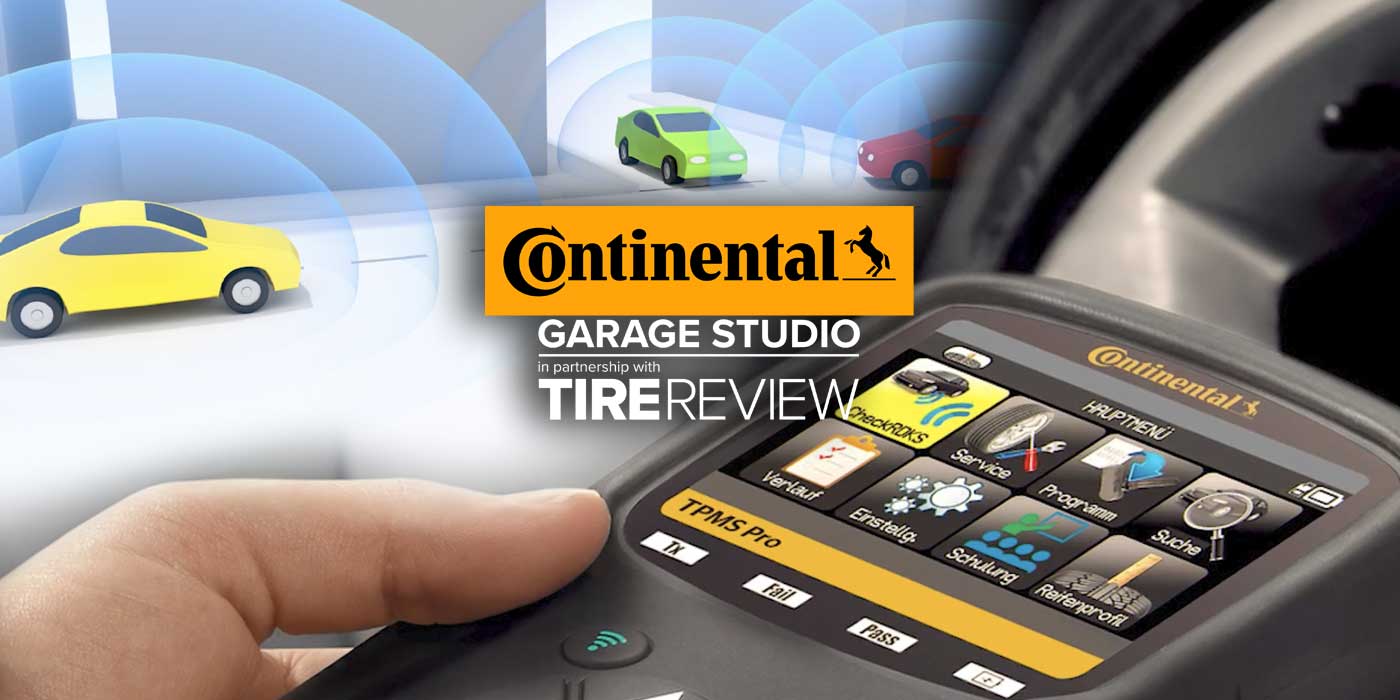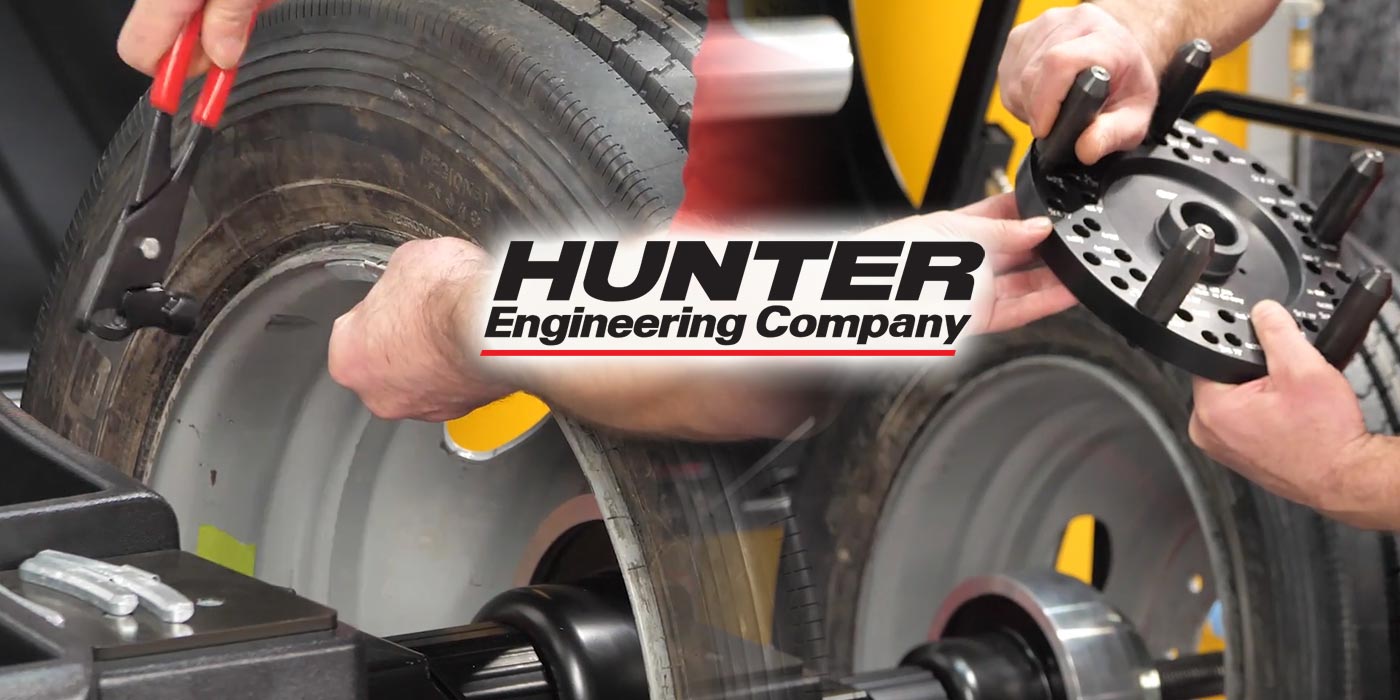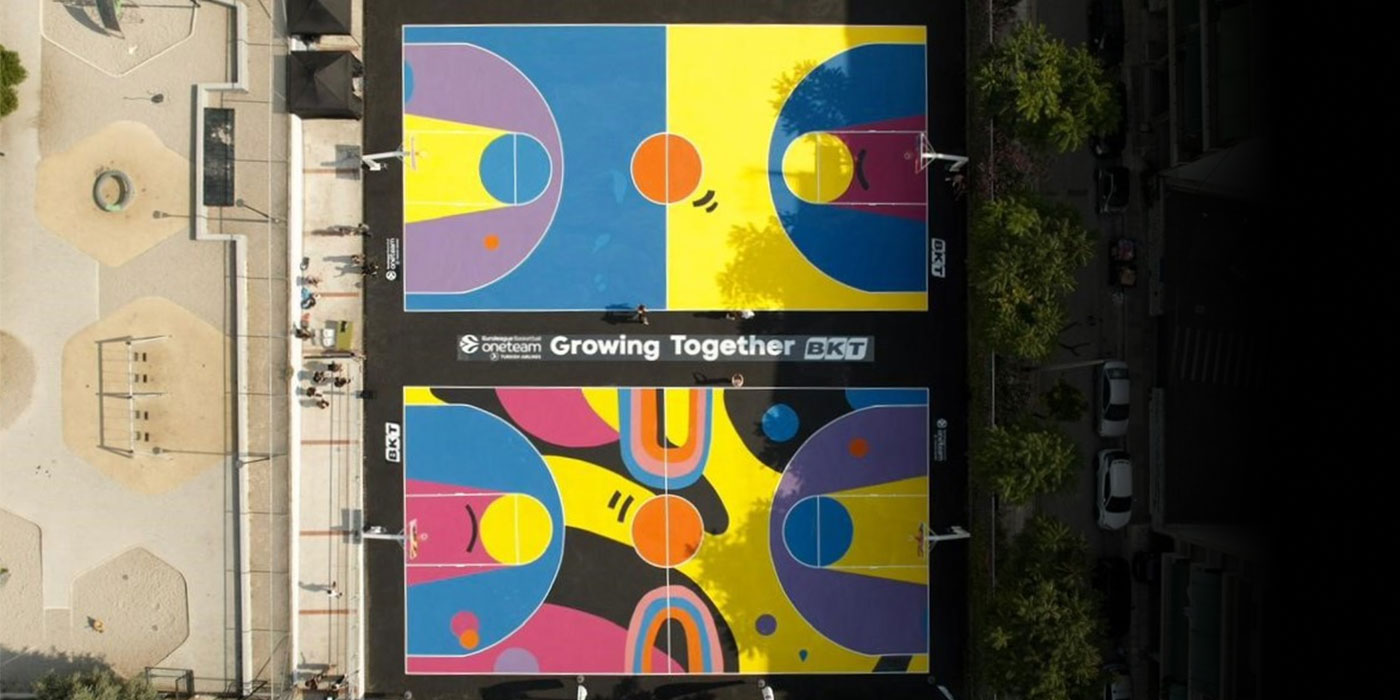With the number of cars sold in the country projected to double by 2010, Europe’s key automotive players are busy building factories in the sub-continent, where costs are low and margins high.
In the span of five years, production of passenger cars in India has jumped by more than 100 percent to 1.11 million vehicles sold last year. International analysts agree that the country is in the major league of Asian automotive markets, but until now, most car companies preferred China over India as the location for a manufacturing bridgehead.
India’s inflexible labor laws, along with its poor airports, ports, roads and general infrastructure traditionally kept multinationals at bay. Now the big names in Europe’s car industry are increasingly turning to India as a place to produce amid questions over whether the segment’s growth in China can be sustained. Also, unlike China, foreign makers in India are encouraged to set up their own production plants instead of being forced to enter a joint venture.
Government policy on fostering India as a destination for the manufacture of automobiles and automotive components has slipped into high gear with the recent unveiling of a 10-year plan. The plan aims to transform India’s $34 billion automotive industry into a $145 billion industry by 2016.
Already, global carmakers are invested heavily in India – nearly $3 billion over the past year alone. DaimlerChrysler is involved in more than 20 joint ventures with Indian suppliers, whose products are assembled into cars at the company’s factory in Pune near Mumbai. Fiat and India’s Tata Motors Ltd. recently inked an agreement for a joint venture to make passenger vehicles, engines and transmissions for Indian and overseas markets.
BMW plant at Chennai (Madras) in the Southeast is due to begin operations in 2007, while Volkswagen is poised to make a decision on building a factory in western Maharashtra state next month that would have an initial capacity of 100,000 vehicles annually. German truck and busmaker MAN is working with India’s Force Motors, and Swedish heavy vehicle manufacturer Volvo recently announced a deal to make up to 1,000 bus bodies a year with Jaico Automobiles.
A large proportion of the components from local suppliers are now also exported around the world.
Diesel fuel injector and pump manufacturer MICO, part of Germany’s Bosch Group, exports injectors, auto electricals and hydraulics to Europe, the United States and the Far East.
Mahindra & Mahindra, India’s market leader for general utility vehicles, is setting up a global network of vehicle parts factories that will make specialized components to order on behalf of large Western carmakers, while Bharat Forge is turning out substantial quantities of chassis and engine components for cars and commercial vehicles.
"India is also going up the value chain," said Visnhu Mathur, director of the Component Manufacturers Association of India (ACMA), at the huge Auto Expo 2006 show in New Delhi last January.
International companies like PSA Peugeot of France sent large delegations to the event in order to sound out the scope for doing business in India. PSA went on to order parts worth $11.4 million from Indian firms.
The trend was recently acknowledged by Bernd Gottschalk, head of the powerful VDA federation of German carmakers, at a bilateral symposium in New Delhi: "In efforts to ensure sustained personal mobility in India, the German and Indian car industries complement each other ideally," he said.
With sales of cars shrinking or stagnating in North America, Europe and Japan, the potential for selling Indian passenger vehicles has galvanized the entire industry. With India’s rapidly growing middle class estimated to reach 450 million by next year, out of a total population of 1 billion, and investment in better roads, India’s automobile industry grew 12% in the 12 months to March, with exports exceeding $2 billion.
"Global experience shows that this (boom in car sales) happens when the per capita income, a key driver of the auto industry, reaches $1,000," Dilip Chenoy, director general of the Society of Indian Automobile Manufacturers told Deutsche Presse-Agentur.
Unlike British firms, German makers were not the first to set up shop here nearly 50 years ago, but manufacturers such as DaimlerChrysler, BMW and Volkswagen-owned Skoda are now at the forefront.
The Skoda Octavia saloon was one of the best-selling upmarket segment cars last year, attracting more than 10,000 buyers. Fiat is also still a major player in India alongside established Asian makes such as Suzuki – which markets its vehicles under the Maruti brand – and Hyundai of South Korea.
Homegrown companies like Tata are well placed to tap into the market for compact cars, which accounts for 70 percent of vehicles sold, but Suzuki and Hyundai have both unveiled plans for new plants designed to use India as an export hub for its smallest cars.
Indian tastes for passenger cars are maturing, with Porsches, Bentleys and Maybachs all available from dealers for a handful of wealthy customers, yet owning a private vehicle is still luxury that fewer than 1% of the population can afford.
Indian drivers still expect their vehicles to be low priced, robust and, above all, cheap to run as fuel costs rise. European makers are likely to gain the most from using production facilities in India to sell localized products and/or export to countries where similar market conditions prevail.

